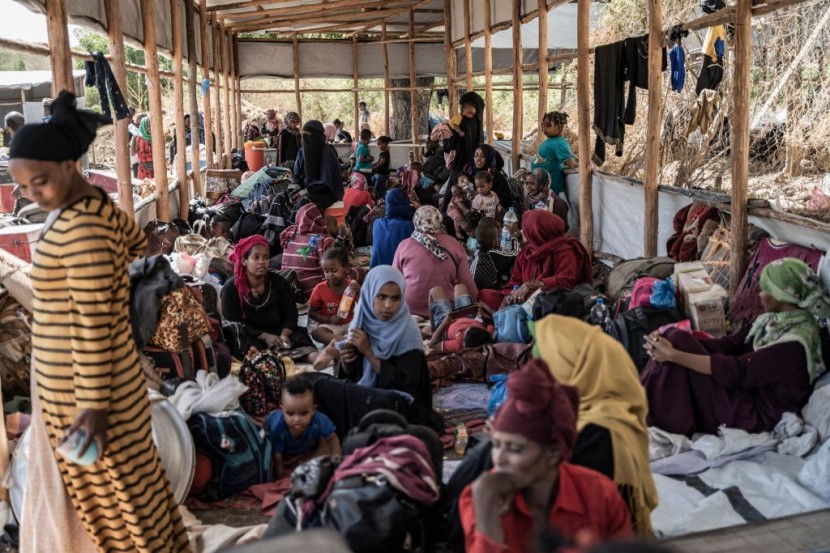Human Rights Watch (HRW) said on Monday, August 21, that Saudi border guards have been shooting at Ethiopian migrants attempting to enter the Gulf state from Yemen "like rain" since last year, killing hundreds of individuals.
Despite being called "unfounded" by a government source in Saudi Arabia, the charges suggest a dramatic increase in abuses along the dangerous path from the Horn of Africa to Saudi Arabia, where many Ethiopians live and work.
Abuses Against Ethiopian Migrants

According to CBS News, HRW spoke with a 20-year-old Ethiopian woman from the Oromia area, who said that Saudi border guards opened fire on a group of migrants after releasing them from prison. "They fired on us like rain. When I remember, I cry."
HRW researcher Nadia Hardman said in a statement that Saudi authorities are murdering hundreds of refugees and asylum seekers in this isolated border region. She added that the Saudi government's efforts to rehabilitate the country's image by spending billions on big entertainment events should not take away from the severity of the crimes that have been committed.
According to AFP, a government source in Saudi Arabia dismissed the claims as baseless.
The anonymous source said, "The allegations included in the Human Rights Watch report about Saudi border guards shooting Ethiopians while they were crossing the Saudi-Yemeni border are unfounded and not based on reliable sources."
Even though the HRW, a New York-based organization, has been documenting abuses against Ethiopian migrants in Saudi Arabia and Yemen for more than a decade, it has said that the most recent executions seem to be "widespread and systematic" and could be equated to crimes against humanity.
According to a study by United Nations experts last year, in the first four months of 2022, Saudi Arabian security forces allegedly murdered around 430 migrants in southern Saudi Arabia and northern Yemen using cross-border artillery bombardment and small weapons fire, as reported by France24.
Ethiopians living in Saudi Arabia started returning home in March due to an agreement between the two nations. Over the course of many months, the Ethiopian government plans to repatriate some 100,000 of its nationals.
Houthi Rebels' Involvement
The HRW report said that letters submitted to Saudi authorities were ignored. The letter from the organization was met with a response and accusations of immigrants and Yemenis being killed by border guards from the Houthi rebels, who control the northern part of the country.
Human rights activists have heard reports from migrants who claim Houthi soldiers extorted them or held them in abusive detention centers until they paid an "exit fee."
As for human traffickers, the Houthis called them criminals and denied any cooperation with them.
After the Houthis, supported by Iran, took control of Sanaa from Yemen's internationally recognized government the year before, Saudi rulers mobilized a military coalition in 2015 to try to stop them.
The UN has called the humanitarian crisis in Yemen caused by the ongoing conflict there one of the worst in the world.








